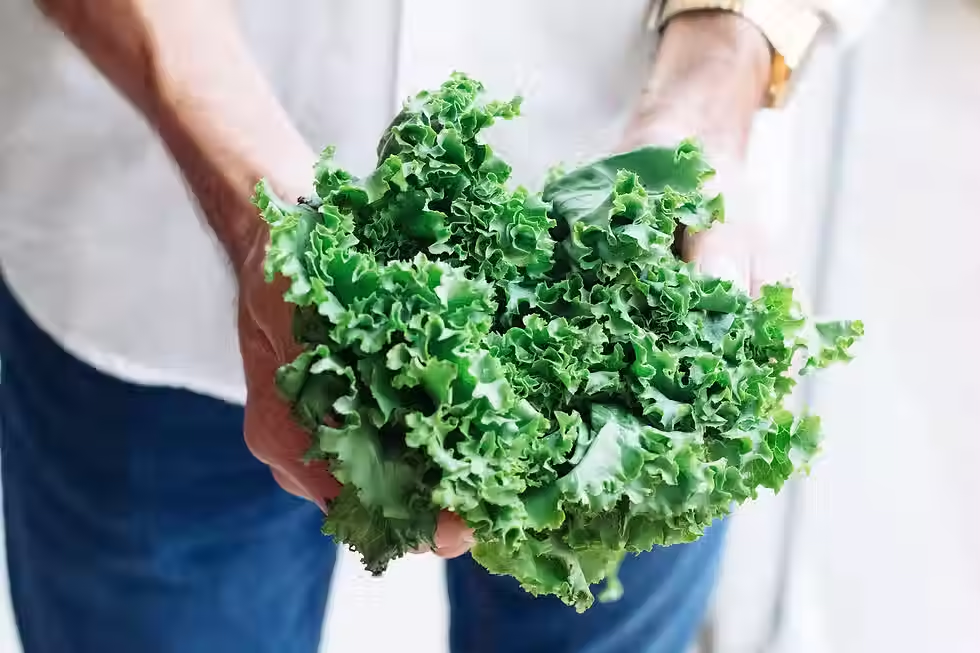Easy to Grow Greens
- Marie Megane Clarissa Jean Louis
- Mar 19, 2021
- 2 min read

Thanks to Petra at Fruition Seeds in New York state and her crew of young gardeners dedicated to community and organic seeds, we are sharing these tips on easy to grow greens for your garden or farm. This post is adapted from a recent email we received from them. You can find their seeds online at fruitionseeds.com.
Spinach

So cold-hardy and so succulent, we cannot imagine life without spinach. Fruition shares organic seeds impressively adapted to our short seasons, often overwintering uncovered in our fields here in Zone 5. Classic spinach germinates best and remains delicious longest in the cool soils of spring and fall.
Tatsoi

Remarkably similar in both texture and flavor to spinach, Tatsoi (also called Asian spinach) thrives in warm as well as cool soils, perfect for sowing anytime from snowmelt in spring through September here in Zone 5.
Kale

Nourishing in all seasons, kale is easy to grow and exceptionally cold-tolerant. The diversity of kale is breathtaking from deep green to rich purple with massive, flat, curly or gorgeously feather-like leaves. Sow kale in early spring through early fall either as direct-sown seed or transplanted bedding plants started indoors under lights. Sow densely for baby kale greens for salad; sow one foot apart for full-size leaves. We help our kale thrive by tucking floating row cover (remay) over hoops or frames, to protect the leaves from flea beetles and cabbage looper caterpillars, which also helps extend their harvest deep into cold weather, as well. Even without protection, many varieties of kale will overwinter and produce a second year of leaf before going to seed as a biennial.
Cilantro

Cilantro loves to grow in the cold. We used to sow our cilantro seed in summer, but it is quite cold hardy and will do well even if planted even earlier in the year, and it will overwinter with minimal protection. We direct sow cilantro along with our peas, just as snow melts, replanting every three weeks until mid-September when we begin preparing our gardens for overwinter harvest. Protecting the plants with hoops and floating row cover (remay) will will help extend the growing season. Cilantro is delectable as a green, in every season, from harvest as tender microgreens to glorious full-sized leaves, and after that, when it goes to seed, you can harvest the coriander seed which the plants produced, to be dried and saved as a favourite herb. Cilantro is easy to grow, whether in raised beds or in rows in your garden, and will also do well as a container planting. Just be sure to direct sow, and never transplant.
OTHER COLD HARDY GREENS

There are many other cold-hardy greens including arugula, chard, pac choir and feng qing choi, winter lettuces, napa cabbage, broccoli, broccolini, rapini and endive. It is worth ordering seeds for these and experimenting with late fall plantings in September and October, then protecting the plants over winter with cloches, hoop houses and row cover. As cold tolerant crops they can last for months and be harvested even when snow is deep on the ground, with just a bit of protection.
Seeds for all these greens are available from regional seed houses, including our New York neighbours at fruitionseeds.com.
.png)

Comments